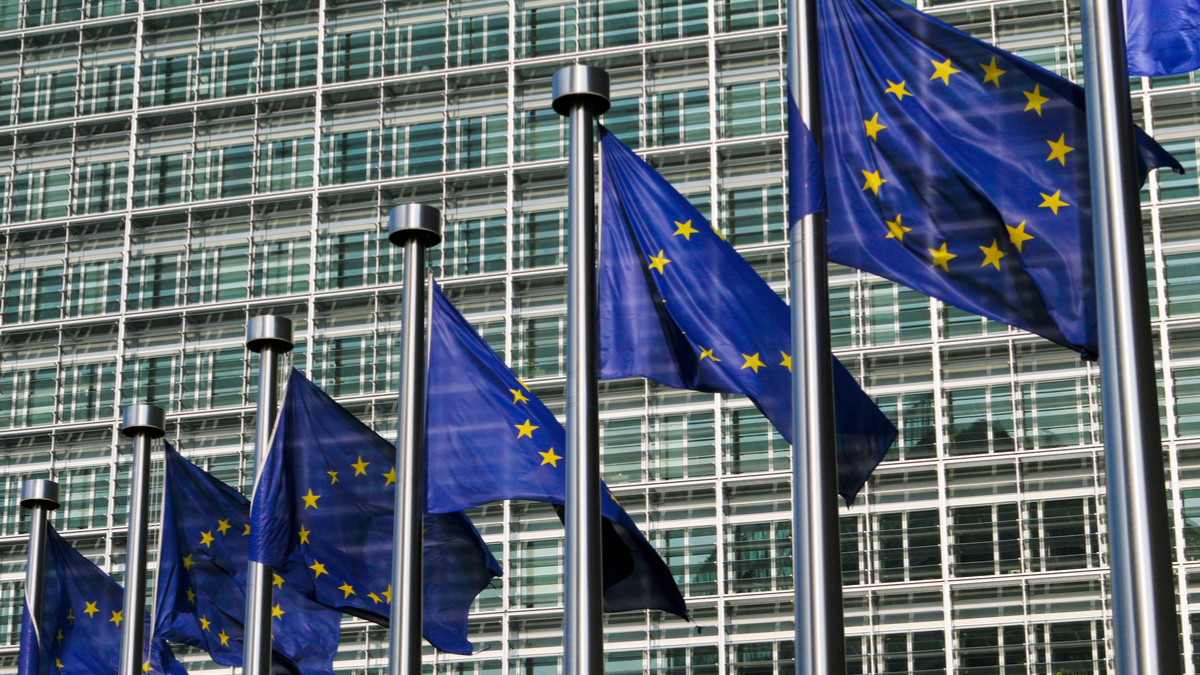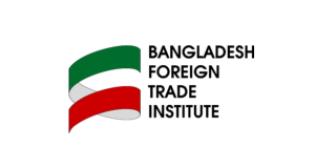The European Parliament (EP) has approved the Corporate Sustainability Due Diligence Directive (CSDDD) on April 24, 2024.[1] The Directive on CSDD entered into force on July 25, 2024. It is a European Union (EU) initiative aiming at ensuring sustainable business practices in various industries, including ready-made garments. This directive was proposed by the European Commission (EC) in February 2022 to create a legal liability for companies in the EU and beyond regarding environmental and human rights violations in the global supply chain.
The members of the EU will have to transpose the rules into national law and communicate the pertinent texts to the EC by 26 July 2026. One year later, the regulations will commence to apply to companies, with a gradual phase-in between three and five years after entry into force.[2] A set of guidelines to be circulated by the EC will help companies conduct due diligence. This directive does not specifically state about the waiver for the LDC countries.
According to the directive, major EU and non-EU companies operating within the EU will have to take actions to identify, prevent and alleviate any adverse effect on the environment and human rights caused by their operations, or the operations of their subsidiaries, or the operations carried out by their business partners.[3] Such effects will include child labor, labor exploitation, slavery, biodiversity loss, pollution or devastation of natural heritage. Whether an EU-based company will come under the jurisdiction of this directive will be assessed based on the number of employees and net worldwide turnover. On the other hand, non-EU companies will be assessed based on their net turnover generated within the EU.
Export to EU from Bangladesh in 2022-23 was around USD 20 BN [4] which accounted for 45.9 percent of the total exports. Knitwear, Woven Garments, Home Textile, Frozen & Live Fish, Agriculture Products, Plastic, Jute & Jute goods, Leather & Leather Products and Footwear are the leading export products from Bangladesh to EU. Notably, RMG exports to EU constitute 42.35 % of the total exports to EU from Bangladesh.
For maintaining accession into the EU market, the largest destination for our ready-made garments, it is essential to conduct the business in line with the CSDDD. This directive also establishes civil liability and penalties for any violations of these regulations. Inability to comply with this directive can lead to legal risks including fines and market entry restrictions. Consequently, our garment factory owners should bring the new EU regulations into business practices to evade such risks.
The new EU regulations may significantly affect manufacturers in several ways. Manufacturers need to have a thorough understanding of their entire supply chain, from procurement of raw materials to manufacturing of final products. These include whether environmental standards are met at every point of the supply chain and whether workers' rights are maintained.
The EU’s new directive for child labor may significantly impact Bangladesh’s RMG exports, as companies importing Bangladeshi products into the EU will be required to make sure that their supply chains are free from child labor. The general image of the child labor condition in Bangladesh is gloomy. Many children work in the supply chains of all major manufacturing and service industry, such as clothing, agriculture, leather, fishing, automobiles, transportation, waste recycling, and construction etc. [5]
Companies will be required to report according to European Sustainability Reporting Standards (ESRS). This reporting also ensures that all the stakeholders including consumers and investors are informed about the company's sustainable practices. Thenceforth the fashion brands need to be more involved with the suppliers to ensure greater transparency. Subsequently, the manufacturers are likely to face new audits.
The implementation of the new regulations may have the possibility to increase costs. Apparel manufacturers may face cost overruns due to investments in better supply chain management systems, new audits, and potentially higher-priced materials purchases from sustainable sources. This cost may also affect product pricing strategies, profit margins and competitiveness.
However, conducting business in compliance with the CSDDD may be a competitive advantage for some suppliers. At present, consumers are more aware of the environmental and social impact of goods production. As a result, businesses that practice sustainability will get more customers.[6] This can be an opportunity for some suppliers. Brands will increase business with responsible and conscious apparel manufacturers.
This new regulation may encourage innovation in the apparel industry. This allows manufacturers to invest in new technologies in the production process, such as recycling water or using energy-efficient technologies. It will also help reduce the negative environmental impacts of business operations. This directive is part of a larger strategy to ensure corporate accountability. Apart from that, companies must adopt a plan that makes sure their business model and strategy align with the Paris Agreement. [7] The new directive is a pivotal step in ensuring more sustainable and responsible corporate practices in the EU. Hence the companies do not just try to make a profit but consider the environmental and social impacts of their business operations with utmost priority.
At present, Bangladesh has shown unprecedented success in the Leadership in Energy and Environmental Design (LEED) green garment factories. According to BGMEA, as of August, 2024 Bangladesh has 226 LEED green garment factories certified by the U.S. Green Building Council (USGBC) at the year 2024. Moreover, 54 out of the world's top 100 green garment factories are located in Bangladesh and 500 more factories are in the process of obtaining LEED certification. LEED-certified companies will be ahead of maintaining this due diligence because the LEED aims to reduce the contribution to global climate change, protect and restore water resources, protect and enhance biodiversity and ecosystem services, promote sustainable and regenerative material cycles, enhance individual human health, enhance community quality of life etc.
RMG Sustainability Council (RSC) is a safety monitoring body for the Ready-Made Garment (RMG) sector in Bangladesh which is governed by brands, manufacturing associations and trade unions. It promotes and oversees the implementation of occupational safety and health standards as well as conducts inspections in the areas of structural, electrical, fire and life safety.
Adopting and maintaining in line with the CSDDD may be challenging and expensive for Bangladesh. However, the long-term benefits of building a sustainable industry outweigh the initial investment. This applies not only from a business profit perspective but also to contributing positively to society and the environment.
References
[1] Due diligence: MEPs adopt rules for firms on human rights and environment available at https://www.europarl.europa.eu/news/en/press-room/20240419IPR20585/due-diligence-meps-adopt-rules-for-firms-on-human-rights-and-environment
[2] Corporate sustainability due diligence available at https://commission.europa.eu/business-economy-euro/doing-business-eu/sustainability-due-diligence-responsible-business/corporate-sustainability-due-diligence_en
[3] Corporate Sustainability available at https://www.consilium.europa.eu/en/policies/corporate-sustainability/
[4] Export Promotion Bureau
[5] Md Mahmudul Hoque (2024). A Critical Review of Bangladesh's Child Labor Regulations and Policies. ELSEVIER. https://doi.org/10.1016/j.wds.2024.100177
[6] How to Attract Customers with Sustainability: Building a Greener Future, available at https://medium.com/@seo_55289/how-to-attract-customers-with-sustainability- building-a-greener-future-421a2e0dea43
[7] The Paris Agreement is an international treaty on climate change that was signed in 2016. The treaty covers climate change mitigation, adaptation, and finance.


